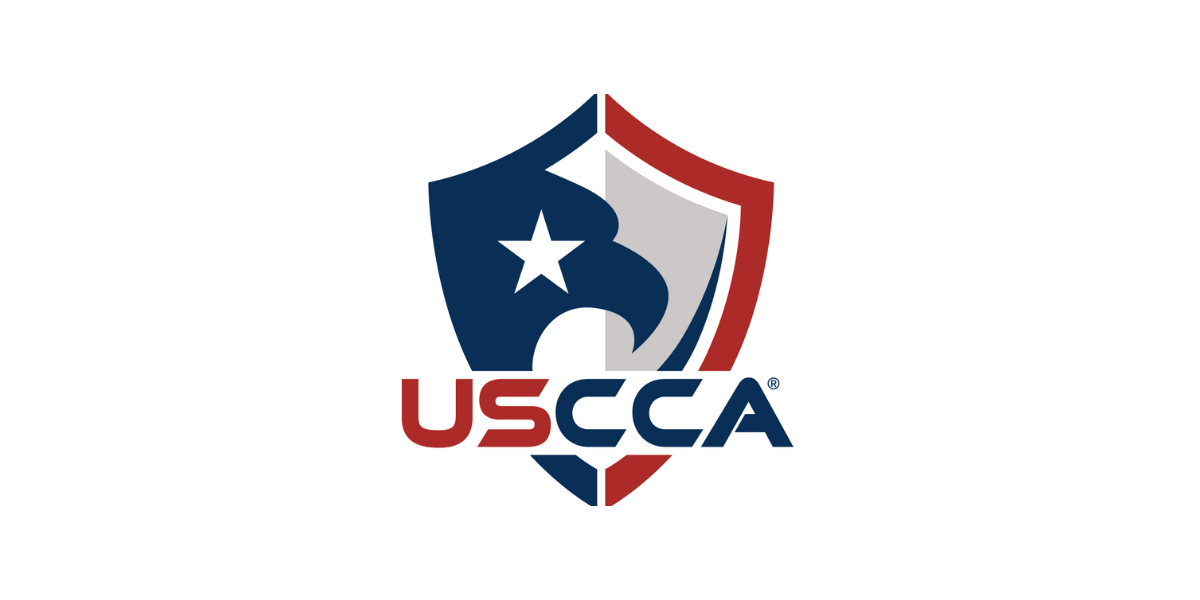Last week, Governor Andrew Cuomo ordered all non-essential businesses in New York to close in-office personnel functions. While some employers will be shifting their workforces to remote locations, unfortunately others will be shutting down operations. As we observed in a prior update to employers (linked here), employers shutting down operations may also be laying off employees.
In that prior update, we also discussed that New York law requires that employers provide certain notices to employees who are separating from employment, subject to enforcement, and penalties for failure to deliver the notices. In this update, we want to alert businesses with fifty (50) or more employees that there could be additional notice requirements, under the New York WARN Act, and further requirements under the federal WARN Act for businesses with one hundred (100) or more employees, depending upon the number of covered employment losses.
Under the federal WARN Act, covered employers must give sixty (60) calendar days’ notice before any “plant closing” or “mass layoff,” resulting in a covered employment loss for fifty (50) or more employees. Under the New York WARN Act, covered businesses must provide ninety (90) days’ notice to employees if there is a covered employment loss to 25 or more employees. Both the federal and state WARN laws require particular notices to the employees and the Department of Labor. Failure to provide proper notice can trigger liability for the employer, including the obligation to pay back wages for any missed period of notice.
Of course, there are legal exceptions to the above notice requirements, including what are known as the “unforeseen business circumstances” exception and the “natural disaster” exception. Obviously, the global COVID-19 pandemic could bolster such arguments; however, employers should be aware that the applicable legal standards for these exceptions are fact-specific and largely untested in the courts.
Moreover, the New York Department of Labor website warns that, despite the current circumstances, the “WARN Act requirement to provide 90 days’ advanced notice has not been suspended,” and employers should “provide as much information as possible” to that agency to determine if an exception applies. In other words, relying on the exceptions could create uncertainty in already uncertain times.
Accordingly, employers should remain informed and consult experienced employment counsel regarding workforce losses and potential notice obligations under both federal and New York law.
For more information or to speak with New York State Labor and Employment Attorneys Nicholas Devyatkin or Kevin Shehan, please contact (518) 218-7100 or info@tullylegal.com.






